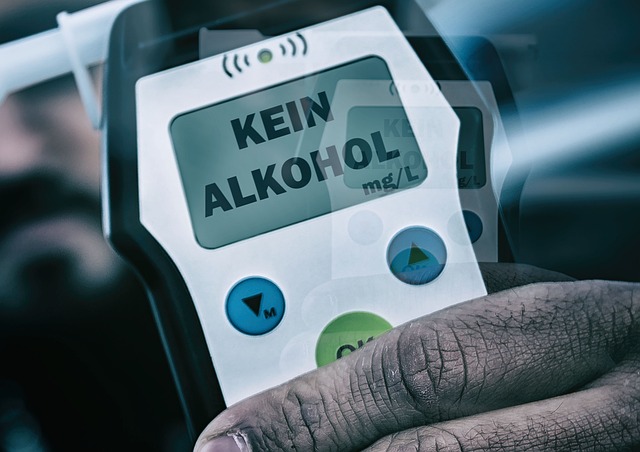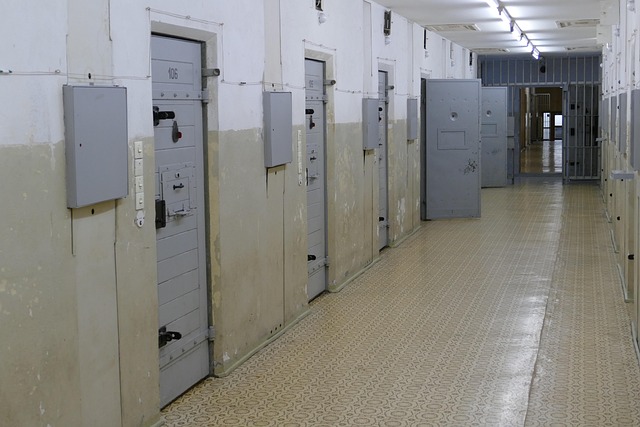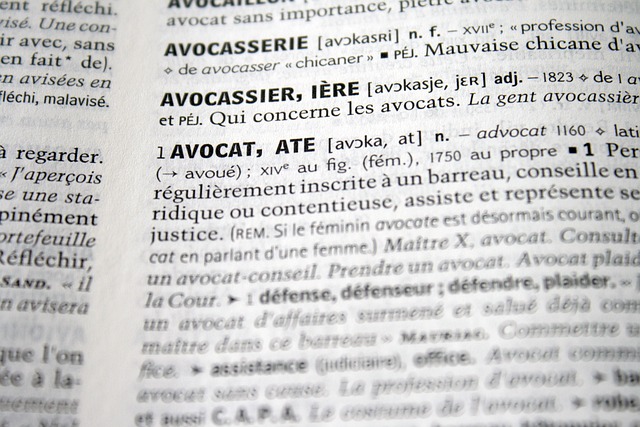DUI laws vary significantly between rural and urban areas due to social and economic differences. Rural communities, with limited law enforcement resources, enforce DUI laws less strictly, offering advantages like reduced court waiting times and more affordable legal services. Urban areas, facing higher crime rates and traffic volumes, have stricter DUI policies and provide specialized but pricier legal support. However, technological advancements and online platforms connect rural defendants with qualified attorneys at lower costs, improving access to justice for those in rural settings.
In the realm of driving under the influence (DUI) laws, a stark contrast exists between rural and urban jurisdictions. This article delves into the disparities that shape these regulations, considering population density’s impact on penalties. We explore how affordable DUI legal services can break down barriers for rural drivers facing stringent urban-centric laws. Additionally, we provide strategies to navigate these differences, ensuring justice for all, regardless of location. Understanding these variations is crucial in a unified nation with diverse enforcement practices.
- Understanding DUI Laws: A Comprehensive Overview
- The Disparities Between Rural and Urban DUI Regulations
- Impact of Population Density on DUI Penalties
- Affordable Legal Representation: Breaking Down Barriers for Rural Drivers
- Strategies for Navigating Rural vs Urban DUI Enforcement
Understanding DUI Laws: A Comprehensive Overview

DUI laws vary significantly between rural and urban areas, reflecting differing social and economic realities. In rural communities, where populations are often smaller and driving distances longer, law enforcement resources may be more limited. This can result in less stringent DUI enforcement compared to urban hubs with higher crime rates and denser populations. For instance, rural areas might have fewer sobriety checkpoints, relying more on officer discretion for pulling over drivers suspected of impairment.
Understanding these nuances is crucial when seeking affordable DUI legal services. Rural residents may face unique challenges, such as longer court waiting times and a narrower range of legal support options due to the area’s smaller legal community. Conversely, urban areas typically boast a wealth of legal resources, including specialized DUI lawyers well-versed in navigating complex city-specific laws. Accessing these affordable services can be as simple as consulting local legal aid organizations or exploring online platforms dedicated to connecting individuals with qualified attorneys for their specific needs.
The Disparities Between Rural and Urban DUI Regulations

In many jurisdictions, DUI (driving under the influence) laws vary significantly between rural and urban areas, reflecting broader disparities in community dynamics and law enforcement resources. Rural regions often have less stringent regulations compared to their urban counterparts due to lower crime rates and fewer police patrols. This can result in less proactive enforcement of DUI laws, with a focus more on response than prevention. In contrast, urban areas face unique challenges such as heavier traffic volumes and higher crime rates, leading to stricter DUI policies aimed at deterring and punishing offenses.
These differences have implications for individuals facing DUI charges. Those in rural areas might find it easier to access affordable DUI legal services due to reduced attorney fees and potentially fewer court appearances. Urban dwellers, however, may encounter more specialized and costly legal representation given the complexity of urban DUI cases and the need for attorneys who understand local laws and enforcement practices. Understanding these disparities is crucial for navigating the legal system and securing the best possible outcome.
Impact of Population Density on DUI Penalties

In rural areas, with lower population densities, DUI laws often carry less stringent penalties compared to urban regions. This disparity is largely due to the reduced concern over public safety risks associated with higher traffic volumes. Rural communities typically experience fewer vehicular accidents and have different social dynamics, allowing for more lenient sentencing guidelines. For instance, a first-time DUI offender in a rural setting might face lighter fines, shorter license suspensions, or even community service alternatives.
In contrast, urban areas grapple with dense populations and heavy traffic congestion, which significantly amplifies the potential dangers of driving under the influence. As such, urban DUI laws tend to reflect these challenges, meting out harsher penalties to deter impaired driving. Affordable DUI legal services become increasingly vital in urban settings, offering guidance and representation to ensure that individuals accused of DUI receive fair treatment within a stricter legal framework.
Affordable Legal Representation: Breaking Down Barriers for Rural Drivers

In rural areas, where communities are often smaller and more tightly knit, residents may face unique challenges when it comes to accessing affordable legal representation, especially after a DUI (Driving Under the Influence) arrest. Traditional legal services might not be as readily available or accessible due to limited resources and population density. This can create a significant barrier for rural drivers who need skilled legal counsel to defend their rights.
However, the rise of technology and specialized legal service providers offers a glimmer of hope. Many organizations now provide affordable DUI legal services tailored to rural communities. These services often leverage online platforms and telemedicine to connect low-income defendants with qualified attorneys at reduced costs. Breaking down these barriers ensures that rural drivers have equal access to justice, enabling them to navigate the complex legal system effectively and potentially mitigate the consequences of a DUI conviction.
Strategies for Navigating Rural vs Urban DUI Enforcement

Navigating rural and urban DUI enforcement strategies can significantly impact an individual’s legal outcome, often with varying approaches and penalties. In rural areas, where populations are less dense, law enforcement may have limited resources and take a more lenient approach. This could mean fewer patrols and a slower response time, providing potential defendants with some advantages. For instance, individuals in remote locations might benefit from reduced blood alcohol concentration limits or more flexible field sobriety testing protocols.
In contrast, urban areas face distinct challenges due to higher populations and congestion. Law enforcement agencies here often have robust resources, leading to increased patrols and stricter enforcement. This may result in quicker arrests and more stringent penalties, including harsher license suspensions and mandatory ignition interlock devices. However, the heightened presence of law enforcement could also provide access to better legal support, such as affordable DUI legal services, which can be crucial for those facing charges in urban settings.
In conclusion, the disparities between rural and urban DUI laws highlight the need for personalized legal strategies. While population density influences penalty severity, rural drivers can face unique challenges due to limited legal resources. Accessing affordable DUI legal services is crucial for breaking down barriers and ensuring fair representation, regardless of location. By understanding these differences, individuals can better navigate the complexities of DUI enforcement and advocate for their rights.






